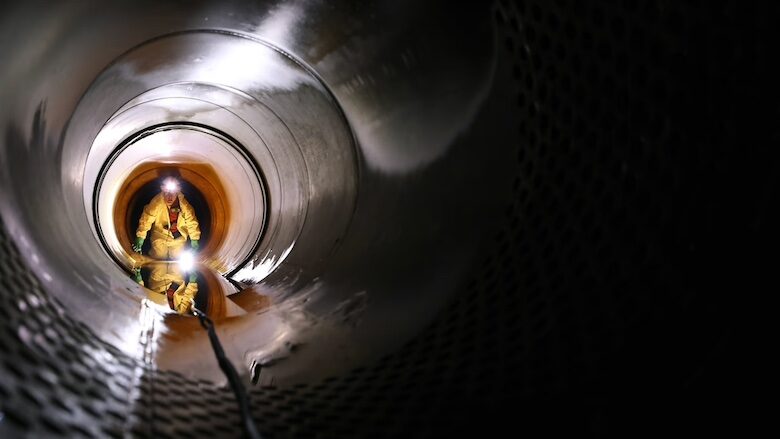Startup companies with hardware and software innovations will soon have a chance to partner with the New York City Dept. of Environmental Protection on improving the buildout and ongoing operation of the city’s massive municipal water system.
The Environmental Tech Lab is seeking applicants for its annual startup incubator and pilot test program that lets developers of emerging technologies put their tools to the test with the world’s largest municipal water system. The lab is a collaboration between NYC DEP and the nonprofit arm of the Partnership Fund for New York City, an advocacy group of business executives from prominent local companies.
Now in its third year, the competitive program has seen past startups such as modular hydropower firm GenH and treatment plant design generation software maker Transcend go through successful pilots with the city on testing the feasibility of deploying their technologies more widely.
Applications are due Aug. 8, with an information session for potential applicants set for July 10.
“One of the main goals of this process is to co-create a new value for the technology,” explains Stacey Matlen, senior vice president for innovation programs at the Partnership Fund for New York City.
The Environmental Tech Lab works with 20 departmental leaders across 12 city bureaus to understand their priorities, and then selects major themes for that year’s competition. The themes for this year’s competition are operational optimization and analytics; and emergency response and security. “Below those big topics are bullet points directly from the agencies, so we know we’ll be solving real challenges,” says Matlen.
Selected applicants will be able to work directly with city agencies and subject matter experts to develop a pilot effort for their technology, and a final determination on whether to recommend adopting it in the NYC DEP. Matlen says the successful pilots will still have to go through normal procurement processes after that, but what they’ve gained in working with the DEP is invaluable.
And for the DEP, it’s not just about chasing trends like artificial intelligence, but getting a chance to really put these technologies through their paces, Matlen adds. “It’s more about future-proofing than catching up; all municipal water systems are being tasked with doing more with less,” she says. “The impact of that on critical infrastructure will continue to be worse and worse, so to keep up with all these demands we need need tools. So it’s about understanding something like AI as a tool, but also make sure it will be a world-class tool worth [the investment].”
